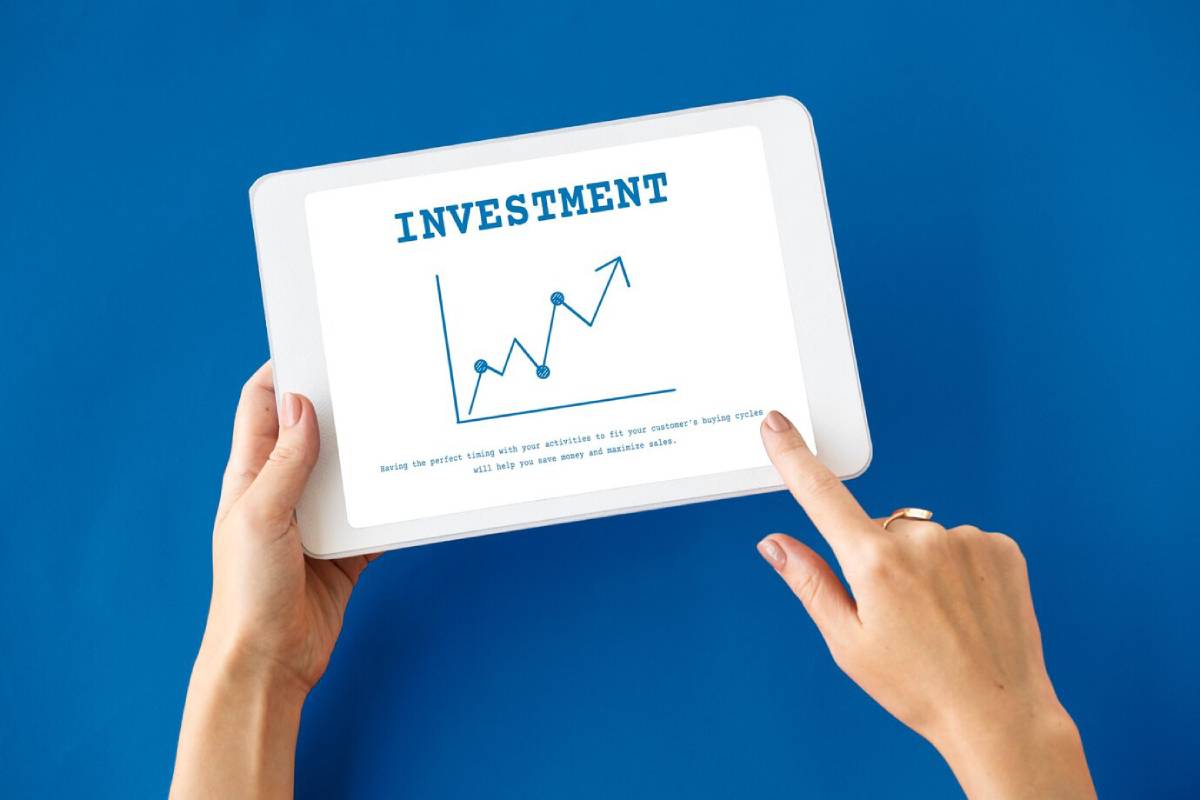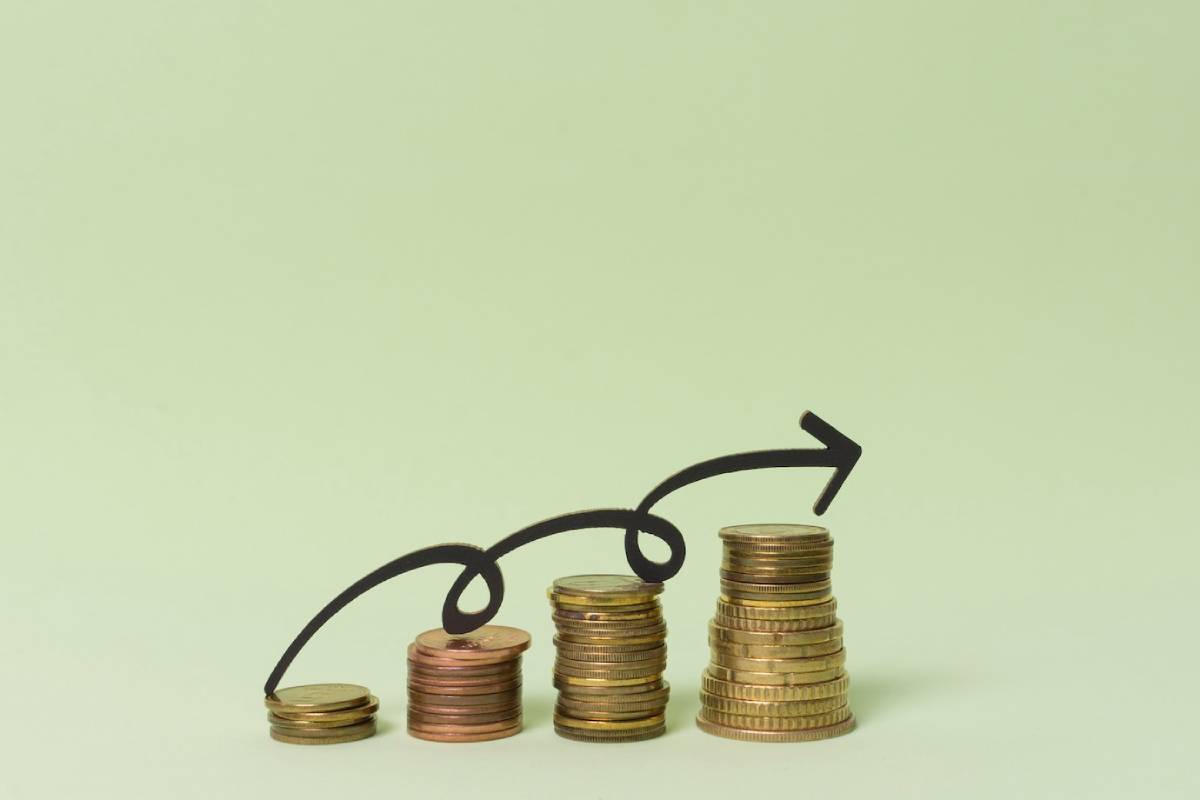
The Power of Compound Interest: Why Starting Early is Your Greatest Financial Advantage
Think of a tiny seed you plant today. It can grow into a vast, healthy tree, even if you hardly tend to it later. That’s the magic of compound interest.
Many people don’t see how strong long-term investing is, especially if you start young. This guide explains how starting now, even with small amounts, can lead to significant financial success later. We’ll explain everything using simple examples, relatable strategies, and inspiring real-life stories.
Let’s unlock your future wealth together!
What is Compound Interest?
Simple vs Compound Interest
- Simple interest is earned only on your original investment (principal).
- Compound interest is earned on your principal + the interest you’ve already accumulated.
In short: With compound interest, your money earns money. Then, that money starts earning even more!
A Simple Example
Suppose you:
- Invest £1,000 at a 5% annual interest rate.
Here’s how it grows:
- After 1 year: £1,050.
- After 2 years: £1,102.50 — not just £1,100.
Why? Because in Year 2, you earned interest on your £1,000 + the £50 earned in Year 1.
Lesson: Compounding builds momentum the longer you stay invested.
Why Starting Early Matters
Time is Your Greatest Asset
The earlier you start, the longer your money can grow and multiply.
Even small investments made early can beat larger investments made later.
Look at this example:
| Investor | Starts Saving | Monthly Savings | Age at Retirement | Final Amount (7% returns) |
| Emily | Age 22 | £150 | 65 | ~£350,000 |
| David | Age 32 | £300 | 65 | ~£290,000 |
Emily saved half as much each month, but she finished with more wealth by starting 10 years earlier!
How Compound Interest Grows Over Time
The Compound Interest Formula:
A = P(1 + r/n)^(nt)
Where:
- A = Final amount
- P = Initial investment
- r = Annual interest rate
- n = Number of compounding periods per year
- t = Number of years
Don’t worry about memorising it!
Remember: the longer your money is invested, the bigger the snowball effect grows.
Benefits of Compound Interest
1. Less Financial Stress Later

By saving earlier, you don’t have to panic later and stash huge amounts. You spread the savings load across decades, not just a few years.
2. Achieve Bigger Goals
Whether it’s:
- Buying your dream home
- Travelling the world
- Retiring comfortably by 50 — Compound interest makes these dreams more achievable.
3. More Freedom and Flexibility
Money = Options. Starting early can give you the choice to:
- Work fewer years
- Change careers
- Start a business
Time compounds more than money — it compounds your freedom too.
The Rule of 72: Quick Estimation Magic
The Rule of 72 is a shortcut to estimate how quickly your money will double.
Formula:
72 ÷ Interest Rate = Years to Double
Example: At 8% annual returns: → 72 ÷ 8 = 9 years.
Result: Your investment roughly doubles every 9 years!
Quick Tip: Higher interest rates and longer timelines = exponential growth.
How to Start Harnessing Compound Interest Today
1. Start Investing — No Matter How Small

Even £50 a month makes a HUGE difference over decades.
Pro Tip: Set up automatic contributions. This way, saving and investing will happen without you thinking about it.
2. Choose Growth Investments
While savings accounts are safe, they offer low returns (1–2% typically). For long-term goals, like those over 10 years, diversified stock market investments usually earn 6–8% each year.
3. Reinvest Earnings
Don’t spend dividends or interest payments. Reinvest them and let your money snowball even faster!
4. Stay Consistent — Even Through Downturns
Markets will go up and down. The winners are those who stay invested and keep buying during both good times and bad.
Remember: Time in the market beats timing the market.
Real-Life Story: Small Starts, Big Rewards
Meet James, 24, from Birmingham.
- He invested £100 a month right after university into a global stock index fund.
- After just 10 years, he accumulated over £18,000 — even though he only contributed £12,000 himself!
James’ advice: “It felt tiny at first. But now, seeing it grow on its own, I’m hooked on long-term investing!”
His next goal? Increase his contributions each time he gets a raise — accelerating his financial independence!
Mistakes to Avoid with Compound Interest
| Mistake | Why it Hurts |
| Starting Late | You lose precious years of growth. |
| Cashing Out Early | Interrupts compounding momentum. |
| Ignoring Fees | High fees (over 1%) eat into long-term returns. |
| Keeping Too Much in Cash | Savings accounts can’t outpace inflation over decades. |
How Compound Interest Fits into Your Financial Plan
| Goal Type | Time Horizon | Recommended Strategy |
| Short-Term Goals (1–5 years) | Safety first: cash savings, low-risk bonds | |
| Medium-Term Goals (5–10 years) | Mix of stocks and bonds | |
| Long-Term Goals (10+ years) | Stock-heavy portfolios to maximise growth |
Use high-interest savings accounts for emergency funds and short-term needs. Let investments build your long-term wealth!
Frequently Asked Questions
Q: Is daily compounding better than yearly compounding?
A: Yes — daily compounding grows faster. Starting earlier is much more crucial than how often you compound over 30 to 40 years.
Q: What if the stock market crashes?
A:Stay calm. Markets are volatile in the short term but grow long-term. Sticking to your plan through ups and downs is key.
Q: Can I start with just £10 or £20 a month?
A: Absolutely. Small, consistent habits beat big, inconsistent efforts every time.
Conclusion: Start Early, Thank Yourself Later
The key to lasting wealth isn’t in risky investments. It’s about using compound interest over time.
By starting today:
- You reduce future financial stress.
- You open up bigger life opportunities.
- You give your future self the best gift possible: freedom.
Your next steps:
- Open an investment account if you haven’t yet.
- Automate a small monthly contribution (even £25–50).
- Stay patient, and let time do the heavy lifting.
When it comes to your future wealth, the best time to start is yesterday. The second-best time is today.


